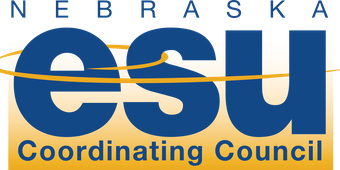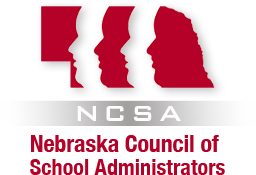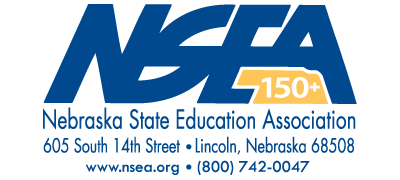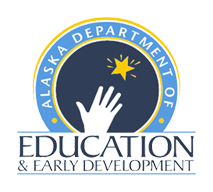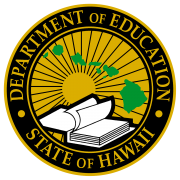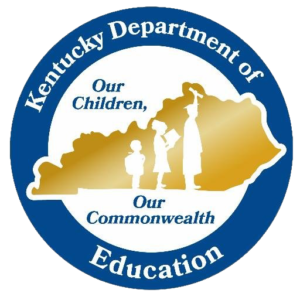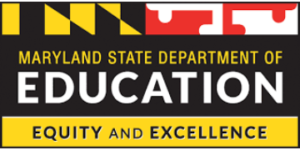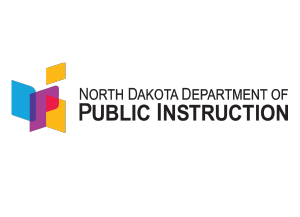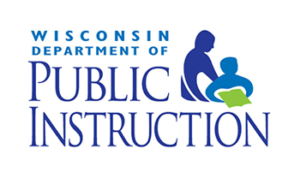Official Adoption Map
Welcome to the NPBEA official Adoption Standards Map!
Mouse over any state to see their adoption status. Click on a state to see more information and helpful resources.
LEGEND:
Adopted PSEL Blue
Aligned State Standards to PSEL Green
State Developed Standards Yellow
Adopted NELP Standards Red
Does your State's information need to be updating? There is a request form in the footer if you need updates.
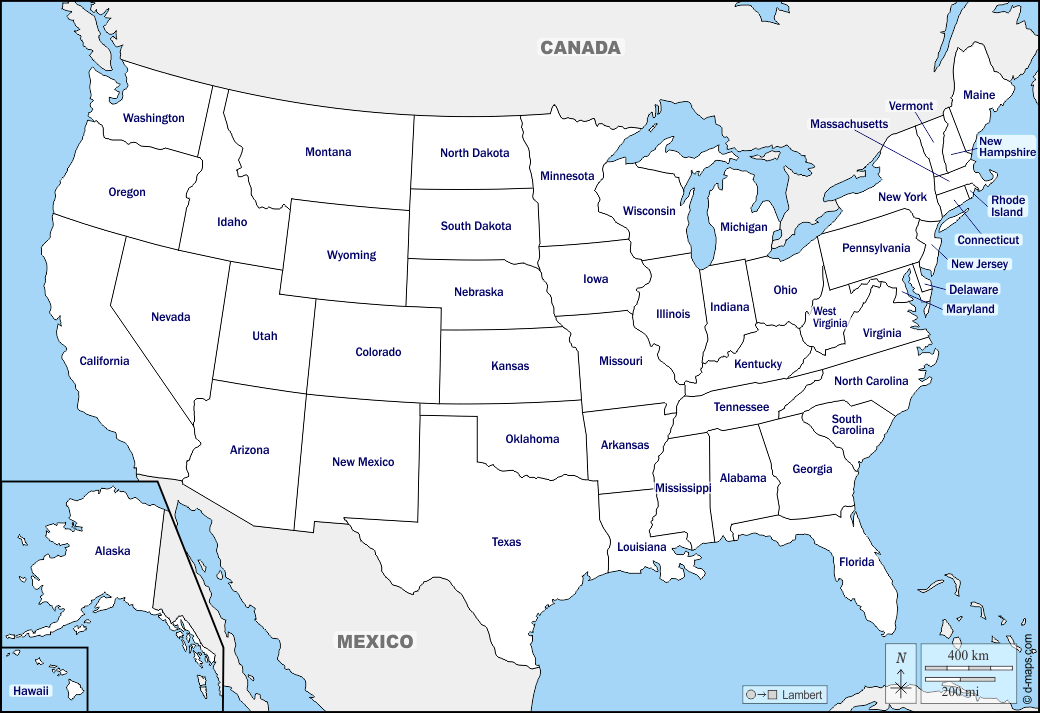
Alabama
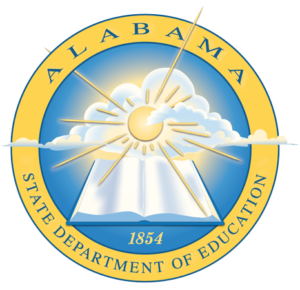
Alabama has adopted the Alabama Standards for Instructional Leaders.
Source: Alaska Admin. Code tit. 4, § 04.200
Arizona

Yes. Arizona has adopted the Professional Administrative Standards (identical to the 2015 PSEL standards).
Arkansas
Arkansas has adopted the Standards for School Administrators in Arkansas (identical to the 2008 ISLLC standards).
Arkansas has also adopted the Professional Standards for Educator Leaders (identical to the 2015 PSEL standards) (Source). The Educator Licensure Rules state that programs must align to the current Arkansas educator competencies. Our 2018 competency revision is an adoption/adaptation of the PSEL and NELP standards.
Administrator-District Level Superintendent P-12 (2018)
Administrator-School Level-Principal P-12 (2018)
California
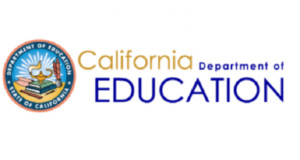
California has adopted the California Professional Standards for Education Leaders.
Delaware

Delaware has adopted the Delaware Administrator Standards (identical to the 2015 PSEL standards).
Georgia

Georgia has adopted the 2015 Georgia Educational Leadership Standards and PSEL.
Idaho

Idaho has adopted the Idaho Standards for School Principals (identical to 2015 PSEL standards).
Illinois
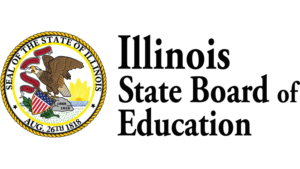
Illinois has adopted the Illinois Professional School Leader Standards (identical to the 2008 ISLLC standards).
Ill. Admin. Code tit. 23, § 29.100
Indiana
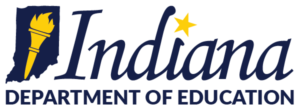
Yes. Indiana has adopted the Indiana Educator Standards for School Leader -Building Level.
Iowa
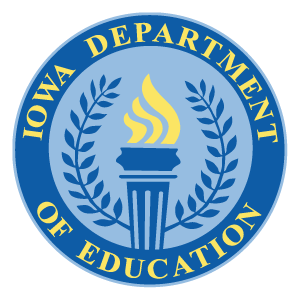
Yes. Iowa has adopted the Iowa Standards for School Leaders.
1. Adoption/Adaptation of the PSEL Standards
2. Adoption of the NELP Standard for Leader Preparation Programs & Clinical
3. Locally developed school leadership standards. Here is a link to a model School Administrators of Iowa developed along with the Iowa Department of Education and a representative group of educational leaders from across the state.
Kansas
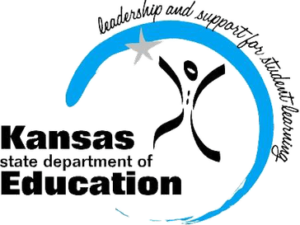
Yes. Kansas has adopted the Kansas Licensure Program Standards for Building Level Leadership. Kansas’ Building Leadership and District Leadership program standards were locally created based on the NELP standards. Source
The standards are posted in KSDE’s Regulations and Standards for Kansas Educators and on the KSDE website:
Regulations and Standards, see pages 354-373:
Louisiana

Yes. Louisiana has adopted the Standards for Educational Leaders in Louisiana. Source.
28 La. Admin. Code Pt CXXXVII, 303
Maine

Maine has adopted Administrator Candidate Standards.
Code Me. R. tit. 05-071 Ch. 114, § 2
Massachusetts

Massachusetts has adopted the Professional Standards for Administrative Leadership.
603 Mass. Code Regs. 7.10
Michigan

Michigan has adopted the Michigan Standards for the Preparation of School Principals (identical to the 2011 ELCC standards).
On August 10, 2021 our State Board of Education adopted the NELP standards as our preparation standards for Elementary and Secondary K-12 Administrator preparation and Central Office Administrator preparation.
Minnesota
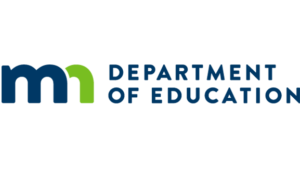
Minnesota has adopted the core leadership competencies for administrative licenses and additional principal competencies.
Minn. R. 3512.0510
Mississippi

Mississippi has adopted the Mississippi Administrator Standards and Indicators.
Mississippi has not "officially" adopted PSEL or NELP. However, all leadership preparation programs are required to align their programs to both sets of standards. Our licensure exam for leadership is the PRAXIS SLLA which is built upon the PSEL standards. https://www.sos.ms.gov/adminsearch/ACCode/00000523c.pdf Please refer to the section for Ed Leadership review beginning on page 32.
Montana
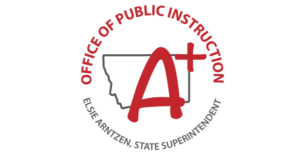
Montana has adopted the Professional Educator Preparation Program Standards for School Principals, Supervisors and Curriculum Directors.
Mont. Admin. R. 10.58.705
Nebraska
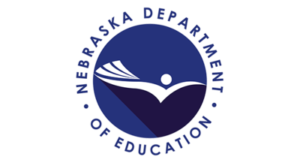
Yes. Nebraska has adopted the Nebraska Performance Framework for Principals.
Locally developed standards aligned to PSEL—approved by State Board not in regulation.
Nevada
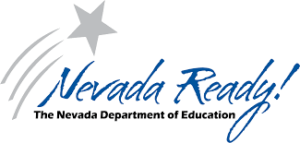
Nevada has adopted the School Administrator Instructional Leadership Standards and Indicators.
Nev. Admin. Code 391.572
New Hampshire
New Hampshire has adopted principal skills, competencies and knowledge standards.
NH ADC ED 506.04
New Jersey

New Jersey has adopted the Professional Standards for School Leaders (identical to the 2015 PSEL standards).
N.J. Admin. Code § 6A:9-3.4
New Mexico

New Mexico has adopted state administrator licensure competencies and indicators.
N.M. Admin. Code 6.62.2
New York

New York has adopted the Professional Standards for Educational Leaders (identical to the 2015 PSEL standards).
North Carolina
North Carolina has adopted the North Carolina School Executive Standards.
Ohio

Ohio has adopted the Ohio Standards for Principals.
Ohio Admin. Code 3301-24-09
Oklahoma

Oklahoma has adopted competencies for licensure and certification of administrative personnel.
Okla. Admin. Code 210:20-9-181 through Okla. Admin. Code 210:20-9-189
Oregon
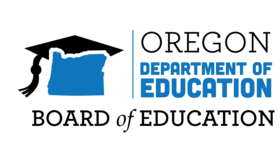
Oregon has adopted the Educational Leadership for Administrator Licensure Standards. They are also PSEL aligned. Or. Admin. R. 584-018-0205
Rhode Island
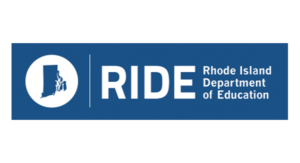
Rhode Island has adopted the Standards for Educational Leadership in Rhode Island (identical to the 2008 ISLLC standards).
R.I. Code R. 21-2-49
South Carolina

South Carolina has adopted principal performance standards.
South Dakota

South Dakota has adopted principal performance standards.
S.D. Admin. R. 24:58:01:01
Tennessee
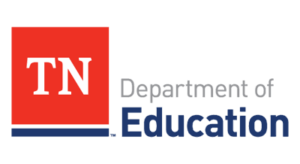
Tennessee has adopted the Tennessee Instructional Leadership Standards. The Tennessee Instructional Leadership Standards (TILS) were state/locally developed in 2013 and revised in 2018 informed by PSEL, specifically by the Equity Standard (#3)
Source
Utah
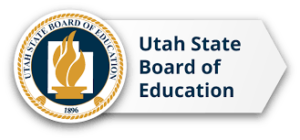
Utah has adopted the Utah Educational Leadership Standards. They are primarily based on the PSEL standards with some Utah revisions.
Utah Admin. Code r. R277-530-6
Washington

Washington has adopted state standards for principals and program administrators.
Wash. Admin. Code 181-78A-264
West Virginia

Yes. West Virginia has adopted the Standards for Professional Practice for School Principals.
W. Va. Code R. 126-165-5
Wyoming
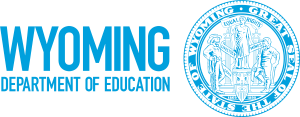
The National Policy Board for Educational Administration (NPBEA) and its six association members launched an advocacy campaign to support adoption of the Professional Standards for Educational Leadership (PSEL 2.0). We hope all 50 states will adopt these standards as a template for the preparation and evaluation of future school leaders to help each student succeed. Your help is vitally important and we invite you to become an advocate for PSEL 2.0 in your state or community.
The Nebraska Success Story
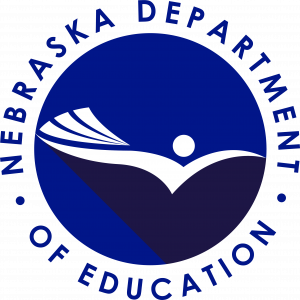
Advocacy Case Study: How PSEL Was Adopted in Nebraska
Beginning in January of 2019, stakeholder committees and standards revision committees were convened to inform statewide conversations and decisions about the shift in how Nebraska supports and develops teachers and principals to ensure each student has equitable access to effective teachers and principals. Decisions were informed by the profession’s national standards. For principals, these included the National Policy Board for Educational Administration’s 2015 Professional Standards for Educational Leaders (PSEL), and the 2017 Competency Standards for Learner-Centered, Personalized Education by the Jobs for the Future and Council for Chief State School Officer (CCSSO) organizations. In addition, standards developed by other states served as a valuable resource.
On April 3, 2020, the Nebraska State Board of Education (SBOE) approved revisions to the Nebraska Teacher and Principal Performance Framework, now referred to as the Nebraska Teacher and Principal Performance Standards (NTPPS). This document was last revised in 2017. The SBOE approved the revisions with one amendment—the words district and state content standards were added to the Staff Support and Development standard for principals.
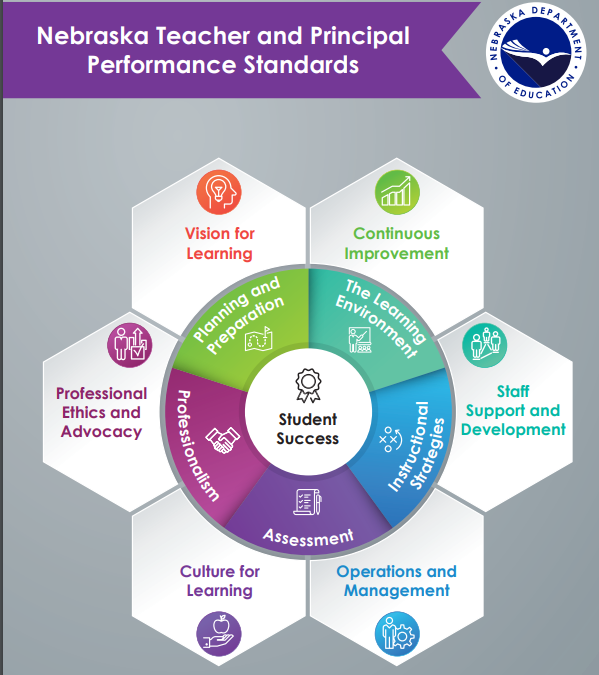
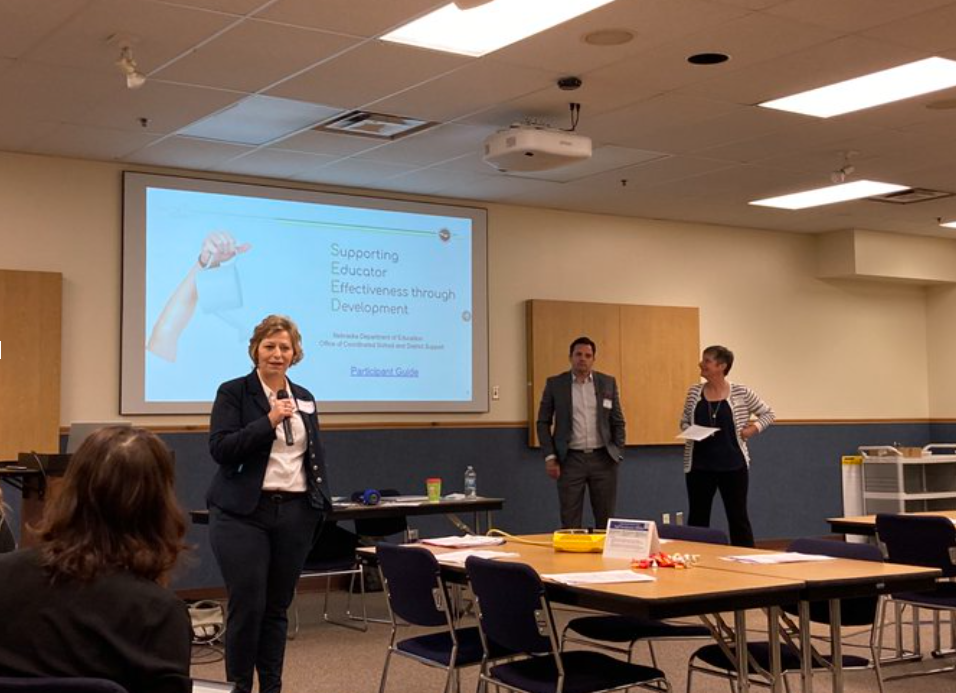
A New Approach in Nebraska
The NTPPS are designed to shift away from the compliance nature of evaluation to prioritize support and development of educators. Leadership has the great responsibility of creating and sustaining a culture that empowers teachers through voice and collaboration. This culture is the building block that can lead to establishing collective efficacy within an organization.
Continuous Improvement in Nebraska
Districts in Nebraska engage in a state-mandated continuous improvement process (CIP), part of which requires that they utilize data analysis to support the “whole child”. Many districts utilize the Multi-tiered System of Supports (MTSS) process to organize their data and drive their decision making or other similar processes to meet this CIP requirement.
Coordinating a statewide collaboration effort is a difficult task. As part of the office of Coordinated School and District Support (CSDS) at the Nebraska Department of Education , the S.E.E.D. (Supporting Educator Effectiveness Through Development) Team works with our education community partnerships to understand and apply an “educator effectiveness” lens to the CIP and the current work in which districts are already engaged. This collaborative work leads to deeper inquiry that goes beyond the student data to ascertain what the adults in Nebraska’s schools need to be more effective; no educational initiative or program, no matter how it is developed or implemented, works without educators who are effective. The S.E.E.D. Educator Effectiveness System is a statewide effort that unites the education community through the NTPPS so that the process itself can be tailored to meet the specific needs of each district.


Individual & District Context
The impact of the NTPPS is dependent upon the context of each individual school and/or district because effective leaders are those who understand the adults in their buildings. Context is reliant upon districts’ ability to tell their own story. The S.E.E.D. Educator Effectiveness System bolsters district context supporting their ability to look through their own unique lens of educator effectiveness. This is in contrast to the traditional approach of compliance of state mandates. A district or school’s context is foundational to build capacity and to efficiently support their own needs. The language of the NTPPS goes beyond district and school context and creates a space for individual leader and teacher context. Effective educators prioritize the social-emotional support of all staff, including every individual.
Mandates Don’t Mean Effectiveness
The NTPPS are designed to drive the growth and development of Nebraska educators to be more effective tomorrow than they are today. As we know, the policy development and implementation process must be flexible and responsive to the changing needs of the educational community, rather than a stagnant process born out of accountability that tends to miss the mark on quality of implementation. The S.E.E.D. Educator Effectiveness System works with schools and districts to identify their own quality metrics via the NTPPS that can then be used to define and drive the accountability metric. The NTPPS and the S.E.E.D. System focuses on the support and development of the adults, who must take ownership and be accountable for their own effectiveness. To do so, educators must engage in their own reflective practices to best understand their own context and needs, rather than rely on a process of compliance and evaluative judgment.
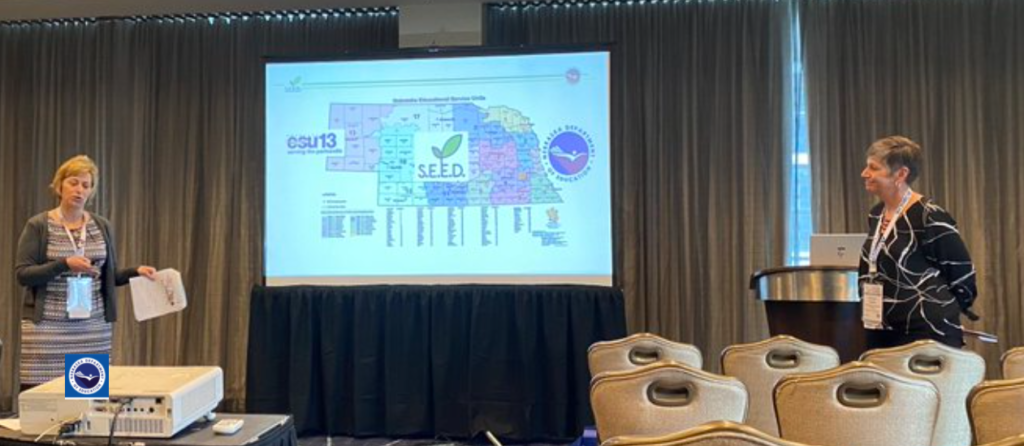

Tools for Support
Teacher and Principal Rubrics aligned to the NTPPS are tools designed to generate a level of personal accountability and collective efficacy towards the standards of educator effectiveness in Nebraska. The power in these rubrics is generated through the reflection that segways into collaborative conversations amongst peers and supervisors. The rubrics can be utilized in several different ways: as an individual self-reflection tool for teachers and principals; as an evaluation tool at the school level; or as a needs-assessment tool at the district level. These rubrics demonstrate the S.E.E.D. System’s approach to lessening the focus on evaluation and static ratings of effectiveness and elevating the focus on the support, development, and growth of teachers and school leaders.
Inclusion of the Education Community
To be effective, standards cannot stand alone. The NTPPS serve as a foundation to unite the education community around a common understanding of educator effectiveness. The integration of standards in a district must include district leadership, building leadership, educational service units (ESUs) support, in addition to the preparation of teachers and leaders at the higher education level. At the national level, the support of the Wallace Foundation has provided direct support to help Nebraska communicate and implement this work that has led to innovative statewide collaboration, such as an NDE contract with a rural Nebraska ESU to share an employee. This partnership has led to the development of resources that have been created and utilized by ESUs, districts, and institutes of higher education (IHEs).
Why This Work Matters in Nebraska
With the overwhelming teacher/principal recruitment and retention crisis, the question that many across the country are trying to answer is, “why do educators leave”? But the question that S.E.E.D. wants to support districts in asking “Why do educators stay?” Answering this question helps leaders define what matters in a district and can lead to the question: “How far will we go to ensure each student has access to effective teachers and principals?” How far are districts willing to go to put policies in place that value teacher/principal voice and allow for adjustments based on that voice? How far are the NDE, ESUs, and IHEs willing to go to adjust the status quo and reimagine processes and protocols?
Dr. Kim Snyder: [email protected]
Dr. Julie Downing: [email protected]
Ryan Ricenbaw: [email protected]
